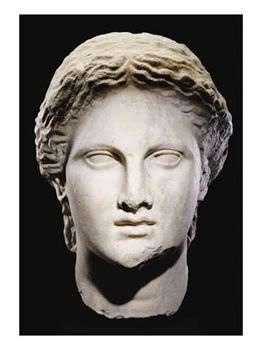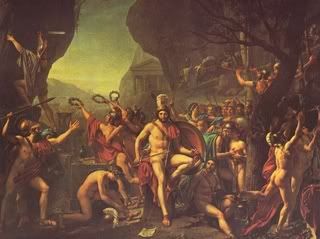Today I present you "Ithaca", perhaps his most famous didactic poem, recited by Sir Sean Connery with music by Vangelis and images from the film Baraka. Originally uploaded by babylonianman.
ITHACA
As you set out for Ithaca
hope that your journey is a long one,
full of adventure, full of discovery.
Laistrygonians and Cyclops,
angry Poseidon-don't be afraid of them:
you'll never find things like that on your way
as long as you keep your thoughts raised high,
as long as a rare sensasion
touches your spirit and your body.
Laistrygonians and Cyclops,
wild Poseidon-you won't encounter them
unless you bring them along inside your soul,
unless your soul sets them up in front of you.
Hope that your journey is a long one.
May there be many summer mornings when,
with what pleasure, what joy,
you come into harbors you're seeing for the first time;
may you stop at Phoenician trading stations
to buy fine things,
mother of pearl and coral, amber and ebony,
sensual perfume of every kind-
as many sensual perfumes as you can;
and may you visit many Egyptian cities
to learn and learn again from those who know.
Keep Ithaka always in your mind.
Arriving there is what you're destined for.
But don't hurry the journey at all.
Better if it lasts for years,
so that you're old by the time you reach the island,
wealthy with all you've gained on the way,
not expecting Ithaca to make you rich.
Ithaca gave you the marvelous journey.
Without her you would have not set out.
She has nothing left to give you now.
And if you find her poor, Ithaca won't have fooled you.
Wise as you will have become, so full of experience,
you'll have understood by then what these Ithacas mean.
And an announcement:
October will be devoted to chypres. Stay tuned for in depth analysis of their aesthetics and for reviews.

.jpg)






.jpg)